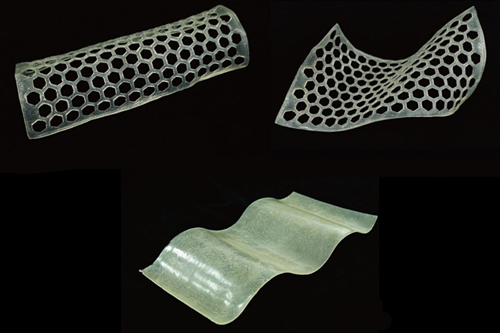Researchers at Northeast Forestry University in China have achieved a major breakthrough in sustainable materials, unveiling a novel bamboo-based bioplastic that boasts exceptional mechanical strength, high heat resistance, and complete biodegradability. This innovation marks a significant step toward replacing conventional, petroleum-based plastics with an eco-friendly alternative.
The new material is created by dissolving bamboo cellulose at the molecular level and then carefully reforming it into a dense, durable structure. The findings, published in the journal Nature Communications, highlight the material’s impressive technical performance:
Exceptional Durability: The bioplastic can withstand high mechanical stress, making it comparable to many engineering plastics.
Heat Resistance: It maintains its structure at temperatures exceeding 180°C, making it practical for standard industrial applications.
Commercial Viability: The material can be shaped using standard industrial molding methods, paving the way for large-scale production.
What truly sets this bamboo plastic apart is its environmental profile, addressing the pervasive problem of plastic pollution:
Fast Decomposition: In controlled soil tests, the bioplastic fully decomposed within just 50 days, leaving behind no harmful residues.
High Recyclability: Recycled samples were shown to retain most of their original strength, demonstrating its potential for a true circular economy.
Experts believe this innovation could drastically reduce global plastic waste by leveraging renewable, fast-growing bamboo resources. The bioplastic successfully bridges high performance, recyclability, and environmental responsibility, offering a commercially viable solution for a wide range of industries looking to decarbonize their supply chains.







